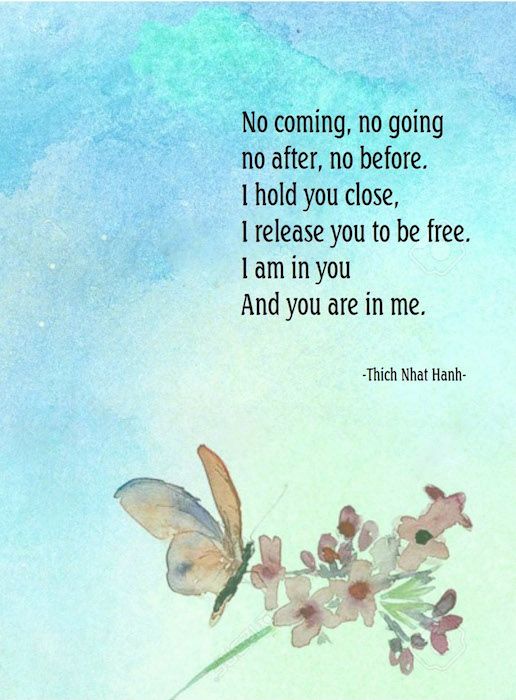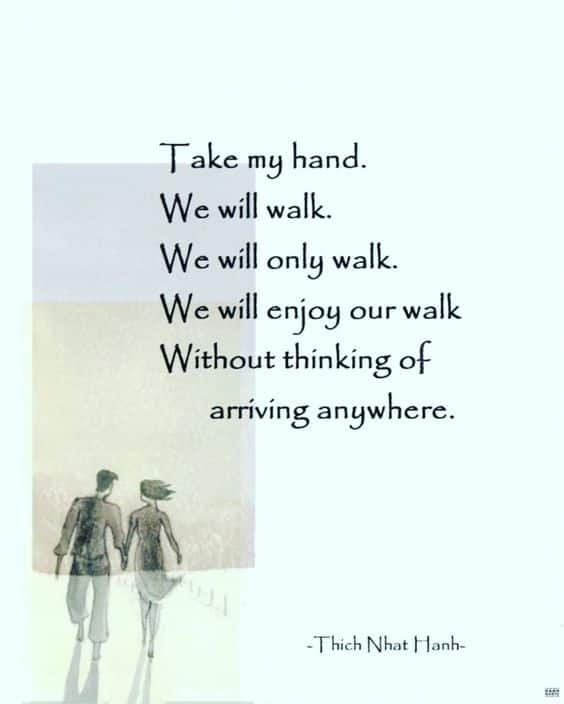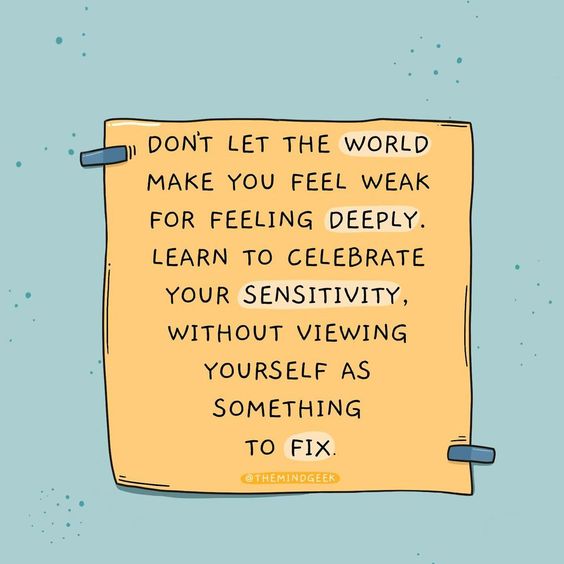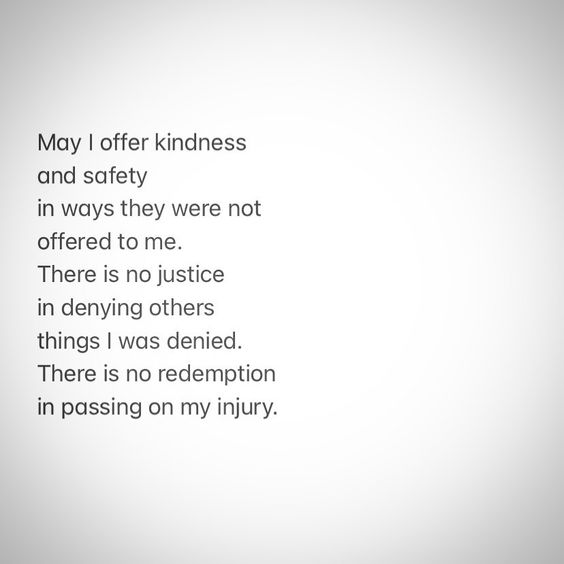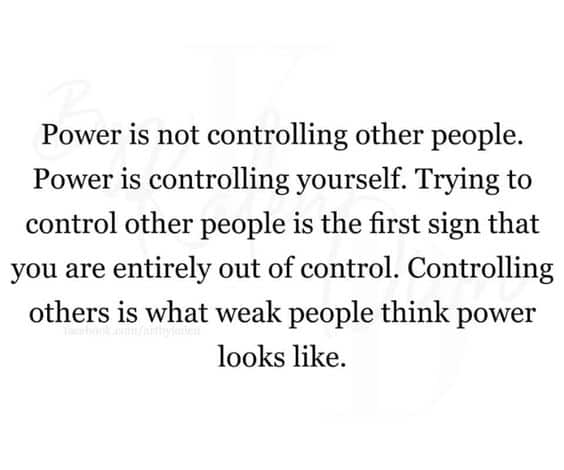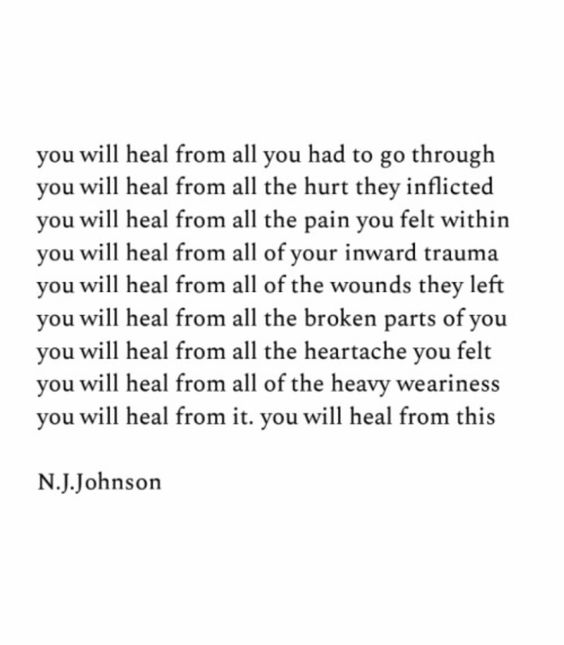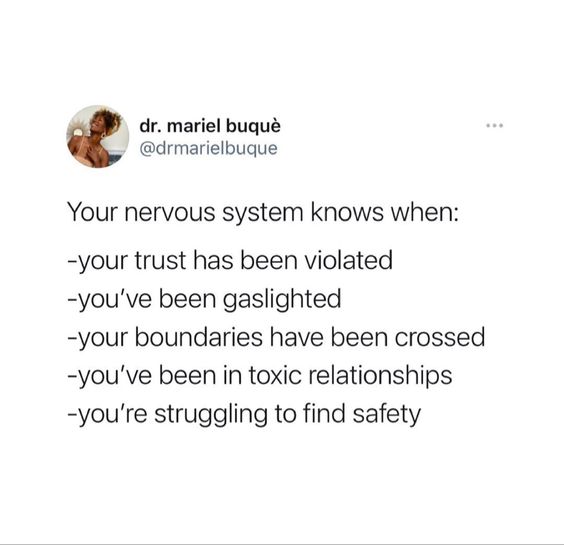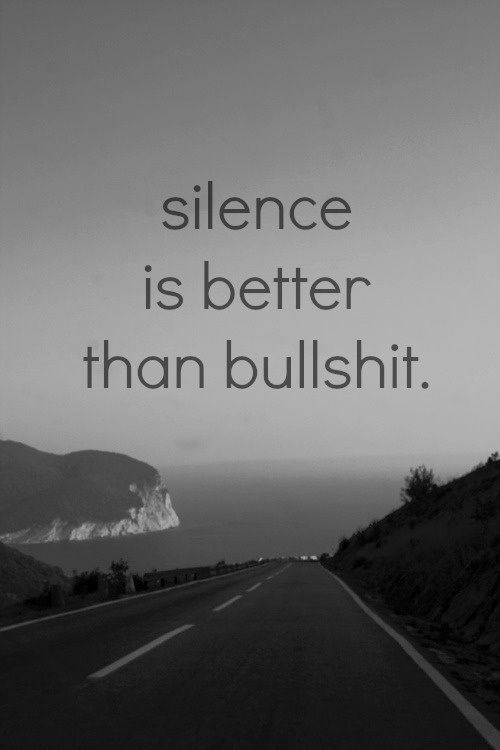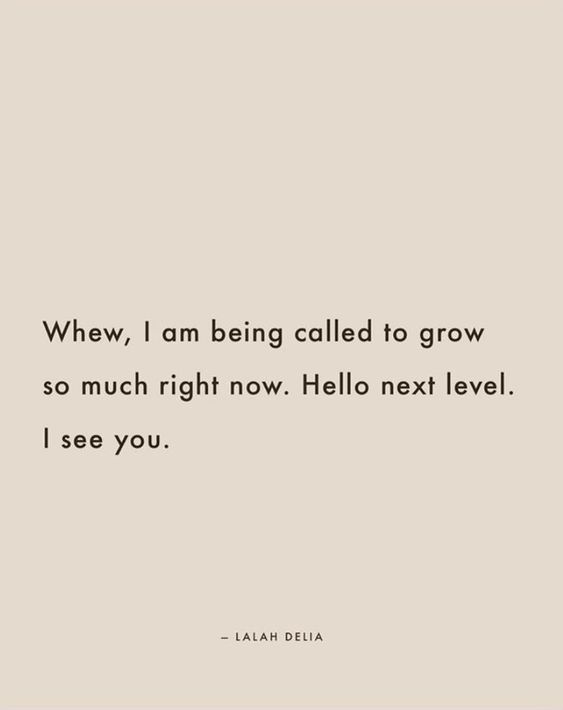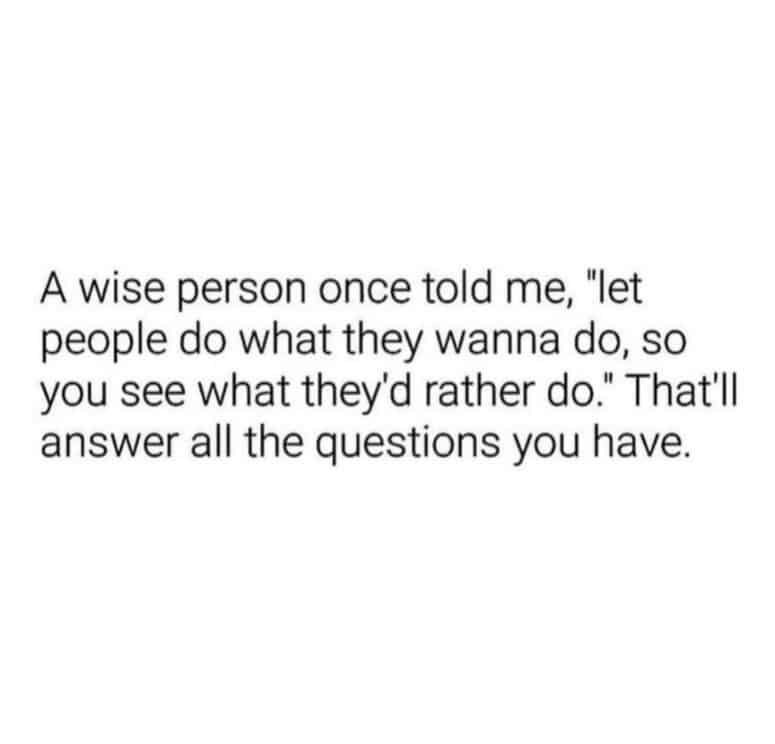Archives
“This is the true joy in life, the being used up for a purpose recognized by yourself as a mighty one; being a force of nature instead of a feverish, selfish little clod of ailments and grievances, complaining that the world will not devote itself to making you happy. I am of the opinion that my life belongs to the community, and as long as I live, it is my privilege to do for it whatever I can. I want to be thoroughly used up when I die, for the harder I work, the more I live. Life is no ‘brief candle’ for me. It is a sort of splendid torch which I have got hold of for a moment, and I want to make it burn as brightly as possible before handing it on to future generations.”
George Bernard Shaw, via Sunbeams (Page 140)
“Turn your face to the sun and the shadows fall behind you.”
Maori proverb, via Sunbeams (Page 139)
“Work is life. Not having something to do with one’s life, something important or unique to your talents or however you put it, is a bigger killer than cancer.”
Ray Mungo, via Sunbeams (Page 138)
“All search for happiness is misery and leads to more misery. The only happiness worth the name is the natural happiness of conscious being.”
Nisargadatta Maharaj, via Sunbeams (Page 138)
“The good and the wise lead quiet lives.”
Euripides, via Sunbeams (Page 138)
“The beginning of all things are weak and tender. We must therefore be clear-sighted in the beginnings.”
Michel de Montaigne, via Twitter
“Art is the method of levitation, in order to separate one’s self from enslavement by the earth.”
Anaïs Nin, via Sunbeams (Page 137)
“A mother is not a person to lean on but a person to make leaning unnecessary.”
Dorothy C. Fisher, via Sunbeams (Page 137)
“If you are willing to discipline yourself, the physical universe won’t need to discipline you.”
Leonard Orr, via Sunbeams (Page 137)
“When we lay claim to the evil in ourselves, we no longer need fear its occurring outside of our control. For example, a patient comes into therapy complaining that he does not get along well with other people; somehow he always says the wrong thing and hurts their feelings. He is really a nice guy, just has this uncontrollable, neurotic problem. What he does not want to know is that his ‘unconscious hostility’ is not his problem, it’s his solution. He is really not a nice guy who wants to be good; he’s a bastard who wants to hurt other people while still thinking of himself as a nice guy. If the therapist can guide him into the pit of his own ugly soul, then there may be hope for him… Nothing about ourselves can be changed until it is first accepted.”
Sheldon Kopp, If You Meet The Buddha On the Road, Kill Him, via Sunbeams (Page 137)
